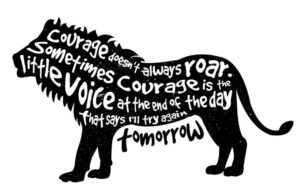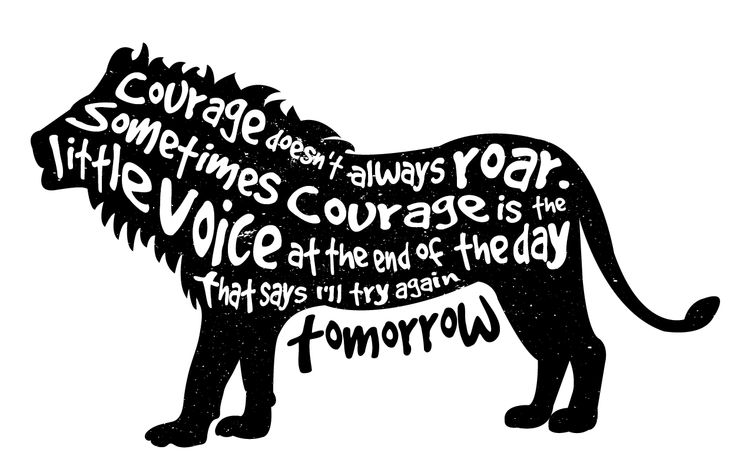Now is the time to talk about what healing could look like in our sector, what’s our role in it, and what can we reimagine and redefine. That is why I was happy to take part in the Healing Solidarity conference back in September. Below are excerpts from my conversation with conference organizer Mary Ann Clements.
Keeping our hearts open
Mary Ann: It actually really struck me earlier when you wrote about the heart. Because it always seems to me that we push our hearts away a lot in this work or that’s how we’ve set ourselves up [for failure]. I haven’t maybe thought about in that way about before, like so much of what we’re doing is a structure or a plan or a system or a something, that isn’t about the heart, really.
Jennifer: We work in an industry where it’s difficult to show up with our whole selves for lots and lots of reasons. And I think the fact that we’re keeping our hearts shut is really a coping and a defense mechanism.
We’re up against these deeply entrenched problems and our organizations unfortunately reflect a little too much of the world we’re trying to change. And we’re on dysfunctional teams and we’re moving fast, and everything in this very human endeavor is fraught with the mess of being human. And all of those things that are hard to handle. Then we get stuck in the hypocrisy of it, because the industry’s failings feel even worse sometimes because we think we’re here to change the world.
Grief and loss and disappointment are also part of this work. We’re recreating the inequities of the world inside our organizations and that feels like just too much sometimes. And so cynicism, which is I think the most common form of covering up our hearts, helps us to stay numb.
“It looks like courage”
Mary Ann: So if someone’s listening and thinking, “Oh, I resonate with what Jennifer’s saying. What should I do differently in my day to day work [in a mainstream development organization] if I’m feeling like something’s not quite aligned with my values and wanting to embrace what you’re saying?” What do you think that might look like?
Jennifer: I think it looks like courage. I think it looks like speaking up and I think it means staying unsatisfied, which is so uncomfortable and not the place we hoped we would have to be. I was recently talking to a young practitioner in the development sector and she’s first generation U.S. citizen, so she already brings a lot of different perspectives to the table. She’s often the only woman of color in the room, so as a young person, she’s holding a lot, right? And that’s another dynamic here – the pressure to speak up is also huge for some people. When you represent a community or a different perspective, pushback is real, and it’s so overwhelming, this can be really silencing. Thus the one thing that I urge, especially white women like me, is to consider that the risks we perceive are actually less than they actually are.
The reason speaking up feels so uncomfortable is that institutions want to keep us in line. We imagine the worst case scenario, the threat of losing our jobs, though this rarely happens. Now, I don’t wanna say it never happens or that there’s no risk, especially for people who depend on those jobs. It’s a complicated dance, but I know that I always felt regret when I didn’t speak up and let the opportunity pass…then thought about that meeting for two weeks afterwards.
That’s a clue that next time maybe I can actually say something. When you’re feeling, “Oh, this is not congruent and it feels gross,” it’s a sign. It means our emotions are high and our bodies are telling us something. So I built up my [internal, emotional] muscles, saying to myself, “Next time I will say something.” Often as women though, we’ve also been socialized to be afraid we’re going come out really angry or really screechy.
 So the other muscle that we have to exercise is how to be heard in those situations. For me, that’s always evolving. I’ve actually embraced that I will be a lifelong learner of how to be heard by people not like me. I think that that’s a commitment as a communicator that I’ve made. My mother says that I came out of the womb contrary, so that’s why I do say it’s a lifelong practice for me. But it’s also because I love the work so much. It’s because I really believe that change and healing is possible when I speak up. When you’re super rooted in the “why,” it becomes even more important than your fears. It just has to be done.
So the other muscle that we have to exercise is how to be heard in those situations. For me, that’s always evolving. I’ve actually embraced that I will be a lifelong learner of how to be heard by people not like me. I think that that’s a commitment as a communicator that I’ve made. My mother says that I came out of the womb contrary, so that’s why I do say it’s a lifelong practice for me. But it’s also because I love the work so much. It’s because I really believe that change and healing is possible when I speak up. When you’re super rooted in the “why,” it becomes even more important than your fears. It just has to be done.
I’m surrounded on a daily basis by people who speak up against much more entrenched on powerful people than I do, so I think I can handle it. So, it is about putting some perspective into the situations too. Being in relationship with them, means it looks like courage because we all can say something. It might not go well, but then we try it again later. This is the activists spirit and determination that we must live, or we just stay in our heads and institutions don’t change.
Our history and our right roles
Mary Ann: You write and speak to the systems of racism and extraction in the [aid and philanthropy] sector, and a little bit about our ancestors and the things that happened even before our lifetimes, how we acknowledge the harm that’s been done. I think about this a lot as a white, middle class woman–very ordinary in this part of the world–trying to work in international development and how to be with myself and “show up.” I know I don’t always get that right but I’m interested to hear your reflections on that as well.
Jennifer: “What’s my piece?” You really need a lot of strategy to figure out what is your “right role.” That’s also kind of a life long journey, and your understanding changes as you change.
When I first started this work, I didn’t understand what I represented to people, historically or opportunity wise. Working in [post-apartheid] southern Africa eventually necessitated, and still does, understanding the place where my people are from. My family story is predicated on the genocide, removal, of and erasure of native Americans created by the Monroe doctrine and so-called “manifest destiny,” so that my great great great grandfathers could immigrate from Germany and live there for five years to be given that rich, productive land in the middle of the U.S. Then understanding how that wealth transfers from generation to generation.
I don’t know that in our lifetimes we can right that wrong, I do know that we can acknowledge that wrong. And that there is power in even just that first step.
These days I’m having tough conversations with family members, friends as I learn more about the roots of all these things. It necessitates changes in my own life too. Those are sometimes really painful things. So that’s why this heart thing really matters too. Our brains struggle hard to be resilient. Your brain thinks one thing and keeps thinking that thing. But your heart feels something and then processes it differently. It actually expands the more it gets broken, and wow, isn’t that…talk about capacity! Hello, shouldn’t we be building our own capacity to do that?!
Our hearts hold unimaginable potential.
Yes, there is so much overwhelming pain and grief. But when you dare to look at it, you can’t help but remember that there’s also an insane amount of care and hope and acceptance being offered to people at this point in history. Holding both of those together at the same time is where healing happens and where we get crazy effective.
***
Related Posts
4 ways toxic workplaces are harming the nonprofit sector
A pause (for when it all seems too much)
De-colonising development is both personal and political


